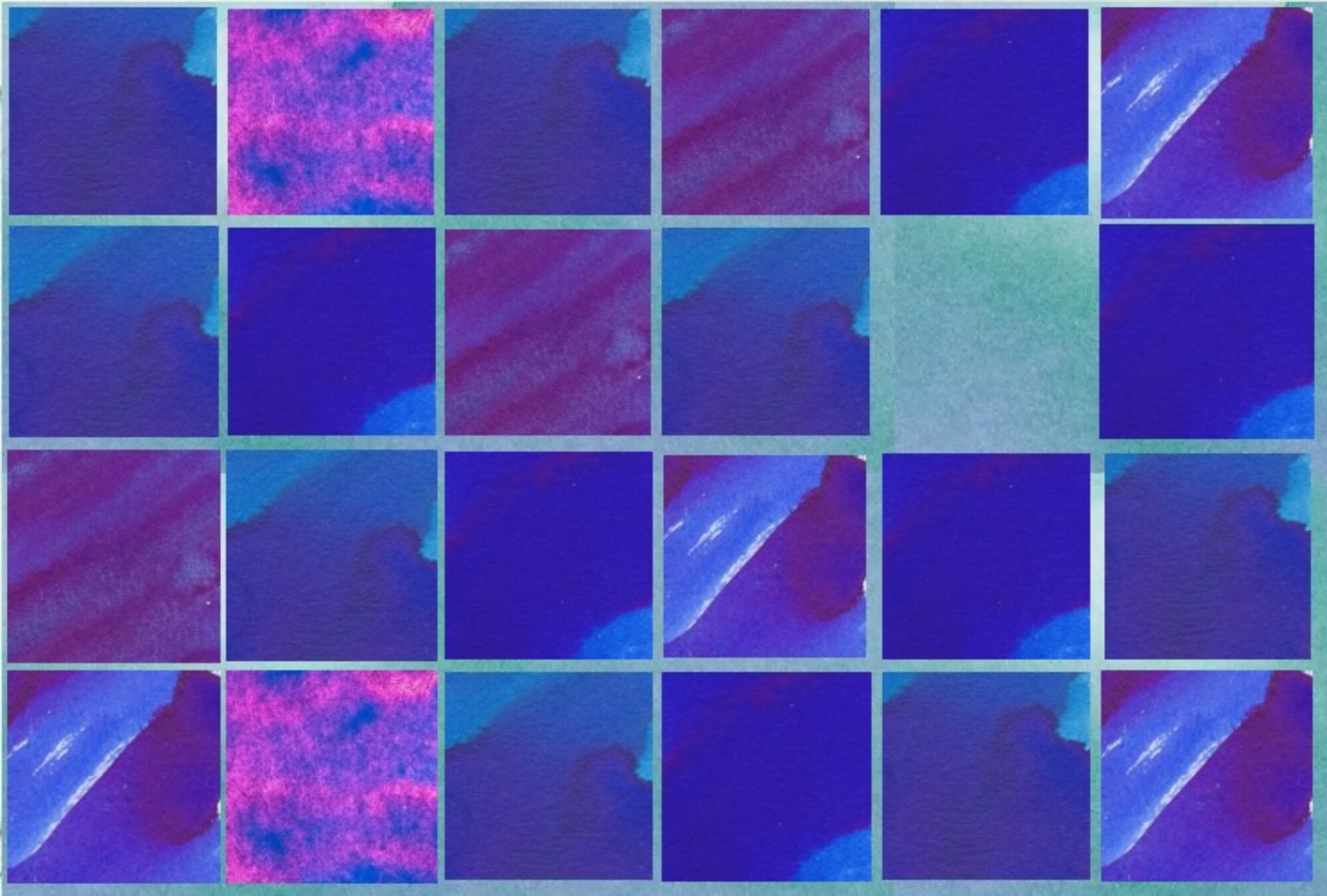
Moments before the show
Speaking to the audience during his solo piano concert on Saturday May 21st, Jason Moran said he wanted to bring some of the early summer warmth from outside to the Park Avenue Armory audience. Moran talked about how important it was for him to share songs he’d been living with through the pandemic. Moran’s music is about connections between people (he said he’s influenced by “so many” and named his parents and his wife Alicia Hall Moran), between genres of music (his music is at the crossroads of jazz, classical, and experimental musics) and place itself. All those connections were on display in his 90-minute set of solo piano.
The room itself was a constitutive element of the performance, a lush visual backdrop to Moran’s sonic experience. The Veterans Room at the Park Avenue Armory is a historic room built in 1881. This room was the focus of renovations that have transformed it “into a stunning, cutting-edge performance venue”, according to PBDW, the architect who designed the renovations done on this space. Words alone do not do this space justice—if you’re in New York you really need to see it for yourself. Moran first played at the Park Avenue Armory in 2016 as part of the post renovation inauguration of the Veteran’s Room. That live performance was recorded and released as The Armory Concert on Bandcamp. Moran has since been responsible for presentations of other artists in the Veteran’s Room, but the May 21st and 22nd concerts were his first solo piano recitals in this space since 2016.

The beautiful Veteran’s Room
Moran started the 90-minute set playing songs from some of his recent recordings, Music For Joan Jonas and The Sound Will Tell You. He’s a very charismatic performer, and went back and forth between playing these original compositions and speaking to the audience of about 75 people. After the mesmerizing composition “Reanimation,” he told the audience that on a recent trip to his barber, he was trying to write a tune that captured the sounds there. Moran’s barber must have a machine shop nearby; he rolled up his sleeves, reached into the piano’s guts and played a dissonant repeating chord on the bottom keys while he plucked the strings within to create a mechanical, brutal sound.
Following this eccentric piece, Moran began to subvert the traditional sensory expectations of a piano recital. He started by playing a complex multi-part composition lasting 20 minutes, a medley sewing together several original tunes. This section of the concert reached a climax when the intricate opening tones and chords progressed into a single deep, resonant, sustained rumble that Moran held for over five minutes (drawn from the composition “Magnet” on The Armory Concert). Then Moran did something simple but profound—while the piano rumbled on, he had the Veteran’s Room lights fade away, pulling the audience into darkness. Without sight to help make the music familiar, the listener was forced to internalize the rumbling cloud of sound Moran was making, which seemed to grow more ominous with its overtones both louder and more nuanced. The effect was remarkable, a visceral-cerebral experience marrying the visual and sonic elements of live performance. Then, the lights came back on while the music transitioned to the opener from The Sound Will Tell You, “Follow The Light.” The audience felt transported on a journey. The concert concluded to loud applause, and Moran came back for an encore. Moran told the audience that the day of the concert was also Fats Waller’s birthday (Moran put out a tribute to Waller in 2014), and the concert ended with a rousing Waller cover. If you have a chance to see Jason Moran live, go!

Applause after the show; Moran in center
More Moran:
If you’re in the New York area, you will have a chance to see Jason Moran soon—he’s playing with Archie Shepp at New York Summerstage on August 28th. If you can’t make it, make sure you check out last year’s great live duo record with Shepp, Let My People Go. Don’t sleep on the bonus tracks with that record, they’re just as good, such as this performance of “Jitterbug Waltz” (more Fats Waller!). To keep up with Moran, make sure you check out his Bandcamp page and his website. Rolling Stone called him “the most provocative thinker in current jazz” — high praise, but Moran is always interesting, bringing experimental ecclecticism to the power of blues.
